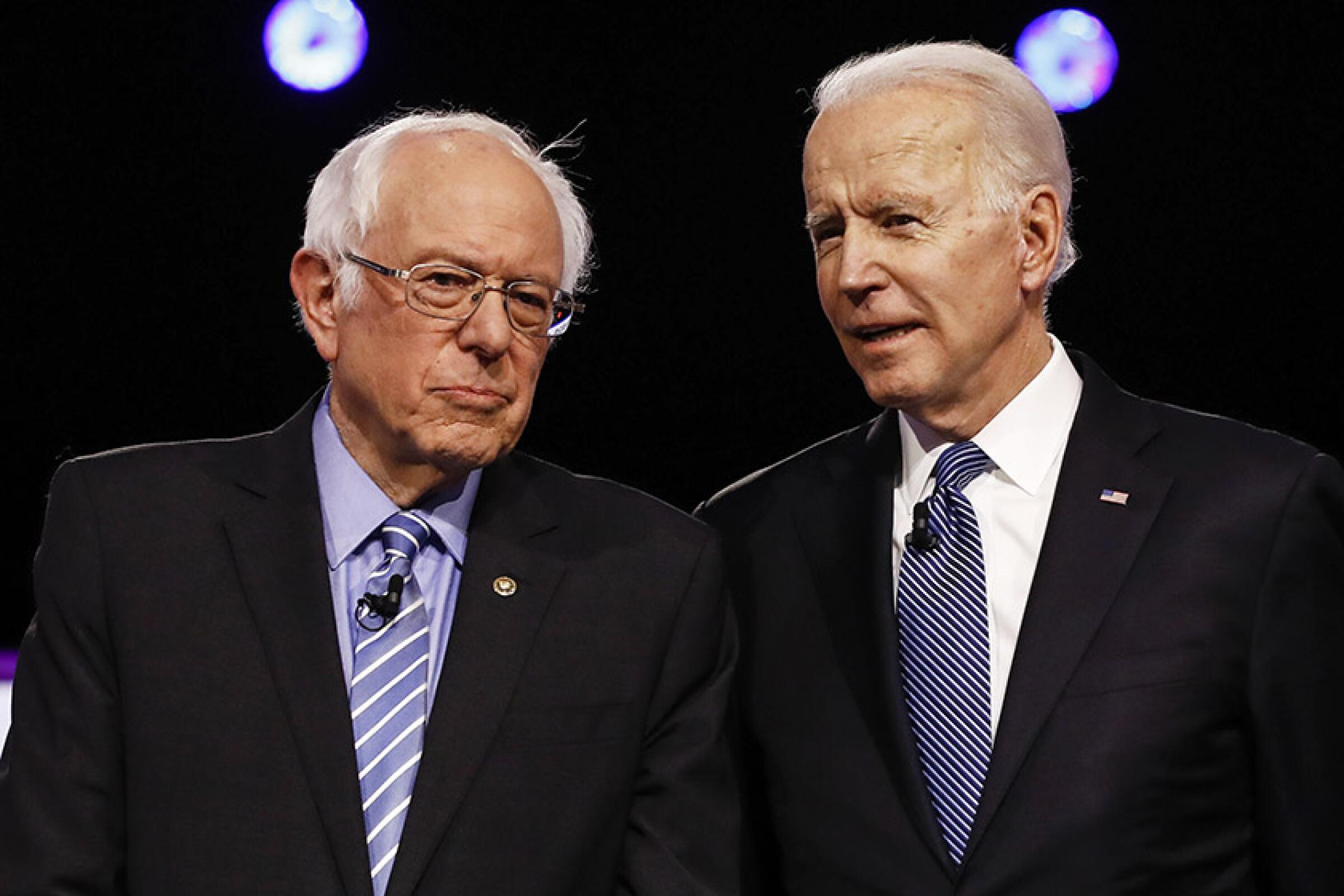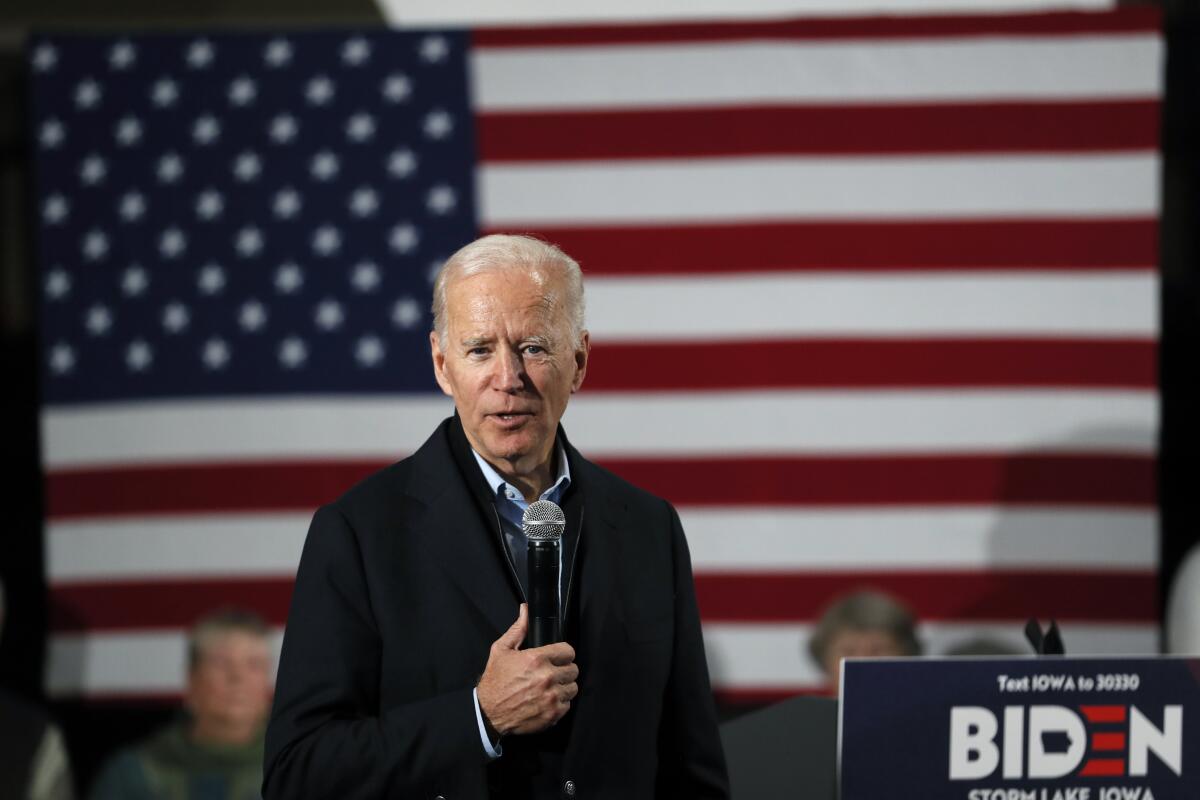President Trump had ramped up his reelection campaign on the heels of his impeachment for abuse of power and obstruction of Congress, and his subsequent acquittal in the Senate. He was accused of pressuring Ukraine to investigate Joe Biden and his son as Trump withheld a White House meeting and military aid to the U.S. ally, and of obstructing Congress’ investigation by refusing to release subpoenaed documents or allow current and former aides to testify.
Trump’s reelection strategy had focused on “jobs, jobs jobs,” but unemployment has soared during the global pandemic.
His political fate will likely be determined by how voters view his competence in battling the coronavirus outbreak and reviving a devastated economy. Polls show he faces widespread concern that he mismanaged the government’s early response.
For weeks, he downplayed the public health risks, accusing Democrats of exaggerating them in order to harm him, calling that “their new hoax.” He has continued to send mixed messages, saying in late March that he hoped to see church pews packed on Easter, then reversing course and extending the national social distancing guidelines until April 30.
He has since told Americans to prepare for a “minimum” of 100,000 deaths.
Trump had recently extended his travel ban on visitors and immigrants from several majority Muslim countries. He had slashed the number of refugees the U.S. takes in and sharply reduced the number of people seeking to enter the U.S. by claiming asylum, in part by forcing asylum seekers to wait in Mexico while their cases wound through the legal system.
Unlike other presidents, Trump filed reelection campaign papers on the day he was inaugurated and held dozens of raucous campaign rallies, railing against critics, the Russia investigation and his impeachment. The pandemic has ended his in-person rallies but he has held forth with near-daily coronavirus briefings that frequently veer into similar tones and lengths.
Trump used his State of the Union address in February, which was riddled with misleading claims, as a campaign speech, vilifying Democrats and touting a “great American comeback.” He has exacted payback against officials for their roles in his impeachment and other investigations.
His administration has been notable for the stream of federal officials who have quit or been fired, but he has celebrated successes, including a string of appointments of conservative federal judges and two Supreme Court justices.










